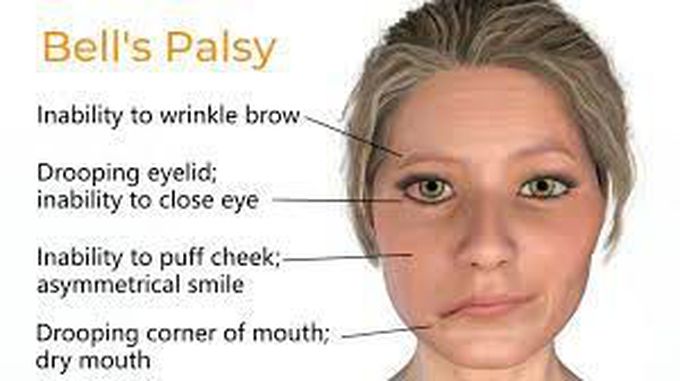


Causes of Bell's palsy
Inflammation and compression of your seventh cranial nerve is the main cause of Bell’s palsy. The seventh cranial nerve carries nerve signals that control your facial movements and expressions. It also carries nerve signals involved in taste and producing tears in your eyes. You have two of these nerves — each controlling one side of your face. When one becomes inflamed, it affects how you can move the muscles on one side of your face. Scientists have found that some viral infections may trigger inflammation of the seventh cranial nerve and cause Bell’s palsy. They include: Herpes simplex 1 (a virus that causes mouth infections, like cold sores). Varicella-zoster virus (chickenpox and shingles). Epstein-Barr virus (mononucleosis). COVID-19. Other triggers may include having a weakened immune system from: Stress. Illnesses. Sleep deprivation. Physical trauma. Autoimmune conditions. Healthcare providers usually can’t find a specific trigger of Bell’s palsy.

